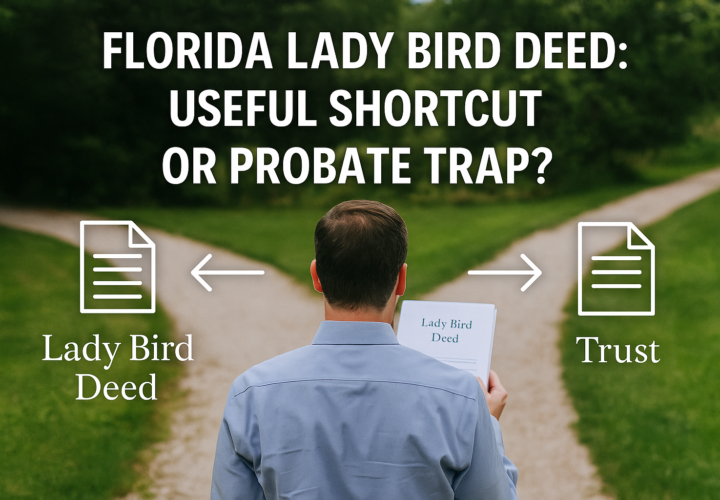The estate tax may have been repealed in 2010, but the gift tax is still in full effect. The gift tax works in conjunction with the estate tax to limit wealth transfer between non-spouses. To understand how that affects you, let’s review how the gift tax works.
With certain exceptions, everyone has an annual exclusion in how much they can gift. In 2009 & 2010 the exclusion is $13,000 per person/per year. That means that any gift under this amount does not need to be reported. However, if the gift is property, instead of cash, and could possibly be valued close to the exclusion amount, filing a gift tax return is good practice to ensure the valuation of the property can not be challenged at a later date.
So what happens if you give a gift in excess of your annual exclusion? Exceeding your annual exclusion does not necessarily mean that you will have to pay gift taxes. [By the way, gift taxes are paid by the donor, not the recipient.] If you exceed your annual exclusion, you will need to file a gift tax return, but as long as you haven’t exceeded your lifetime gift allowance ($1 million) and you are willing to use part of your unified credit (death tax exclusion), there will be no taxes due.
So what constitutes a gift? Most gifts are fairly obvious, but there are some that are less obvious, and this is where most people get into trouble. Seemingly simple actions like adding a child to a house deed or investment account can result in a taxable gift. Also transferring an asset for less than fair market value or forgiving a loan can be a taxable gift. Basically, any time there is going to be a transfer in an ownership interest with someone other than a U.S. Citizen spouse, you should double check it with your attorney or accountant.
Is this all there is to the gift tax? Not by a long shot. But this should be enough information to know when you should consult with your legal and tax advisors.



